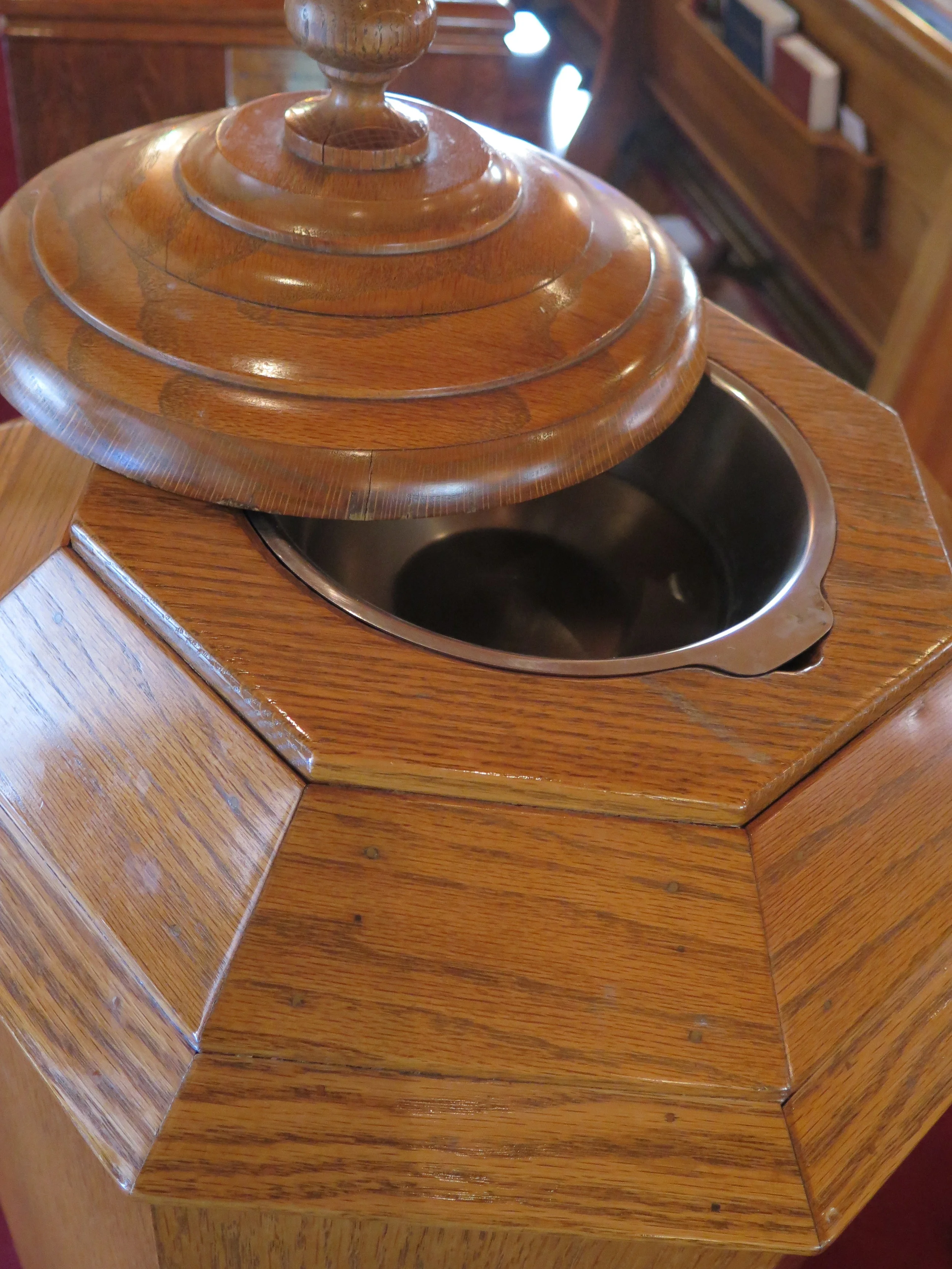What We Believe
The word “episcopal” refers to government by bishops. The historic episcopate (bishops) continues the work of the first apostles in the Church: guarding the faith, unity and discipline of the Church, and ordaining men and women to continue Christ’s ministry. An Episcopalian is a person who belongs to the Episcopal Church, which includes churches in the United States and 14 other countries. The Episcopal Church is part of the worldwide Anglican Communion.
Episcopalians believe:
- The Holy Scriptures are the revealed word of God, which inspired the human authors of the Scripture, and which is interpreted by the Church under the guidance of the Holy Spirit.
- The Nicene Creed is the basic statement of our belief about God. It was adopted by the early church founders and is said every Sunday in Episcopal and Anglican churches around the world.
- The two great sacraments given by Christ to the Church are Baptism and the Holy Eucharist. In Baptism we renounce Satan, repent of our sins, and adopt Jesus as our Lord and Savior. In the Holy Eucharist, the center of our worship life, we remember and participate in the life, death and resurrection of Jesus Christ until his coming again.
- The teachings and beliefs of the Episcopal Church are articulated in an "Outline of the Faith" in our Book of Common Prayer
How Does the Episcopal Church Differ From Other Denominations?
We walk the "middle way" between Protestant and Catholic traditions. We often talk about the Episcopal Church as following the “via media” or middle way in our theology and discussions because we believe that, whether or not we agree on a particular topic, we all are children beloved by God and we can have thoughtful and respectful discussions. There are no prerequisites in the Episcopal Church … Everyone is welcome.Historically, bishops oversee the Church in particular geographic areas, known as dioceses. In the worldwide Anglican Communion, the Archbishop of Canterbury occupies a special position by virtue of history and tradition, but he does not hold a governing position. We are a confederation of equals. Bishops from the Anglican Communion meet regularly for the Lambeth Conference, at the invitation of the Archbishop of Canterbury. Collegiality among bishops is the substitute for authority, and communal discernment is the substitute for decision-making power.
Each bishop and diocese, operating through a local annual council, determine the character of life and work in that diocese within a set of general decisions made by a triennial General Convention of The Episcopal Church. These decisions are formalized as canons, or rules that govern. Each diocese elects and sends clergy and lay representatives to the General Convention. The annual Council of the Diocese of Texas takes place each February.
The Episcopal Church celebrates diversity. We are young and old, male and female, gay and straight, single, married, divorced and widowed, Anglo, African American, Latino, African, Asian, CEO and unemployed, student and teacher, rich and poor. We worship together, study and ask questions as we move more deeply into the mystery of God. Our worship services reflect a diversity of styles as well, from traditional to contemporary, jazz to gospel. All worship follows the form set out in the Book of Common Prayer.
We honor tradition and strive to live by the example of Jesus Christ, welcoming the stranger and the outcast, helping our neighbors and offering love and forgiveness. We want our communities to be better because The Episcopal Church is here.
We are known for our engaging and beautiful worship services. For those who have grown up Roman Catholic, the service, known as the Mass, Eucharist or Holy Communion, will be familiar. For those of reformed tradition or those with no religious tradition, we think you may find a spiritual home in a church that respects its tradition and maintains its sense of awe and wonder at the power and mystery of God.
The Episcopal Church has between 2-3 million members in about 7,500 congregations in the United States, the Virgin Islands, Haiti, Europe and other areas in North America. In the Diocese of Texas (one of six dioceses in the state), we have more than 75,000 members in 152 congregations. We also have 17 college ministries, 67 schools, numerous social service agencies and more than 1000 ministries that reach out to help make our communities better and more caring places to live. The Anglican Communion has more than 70 million followers.
